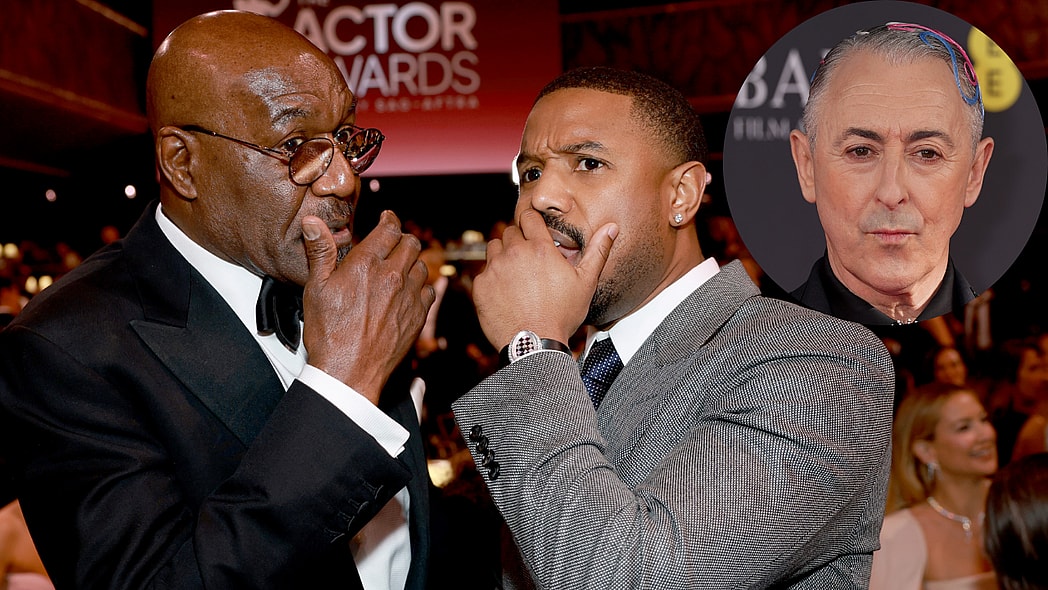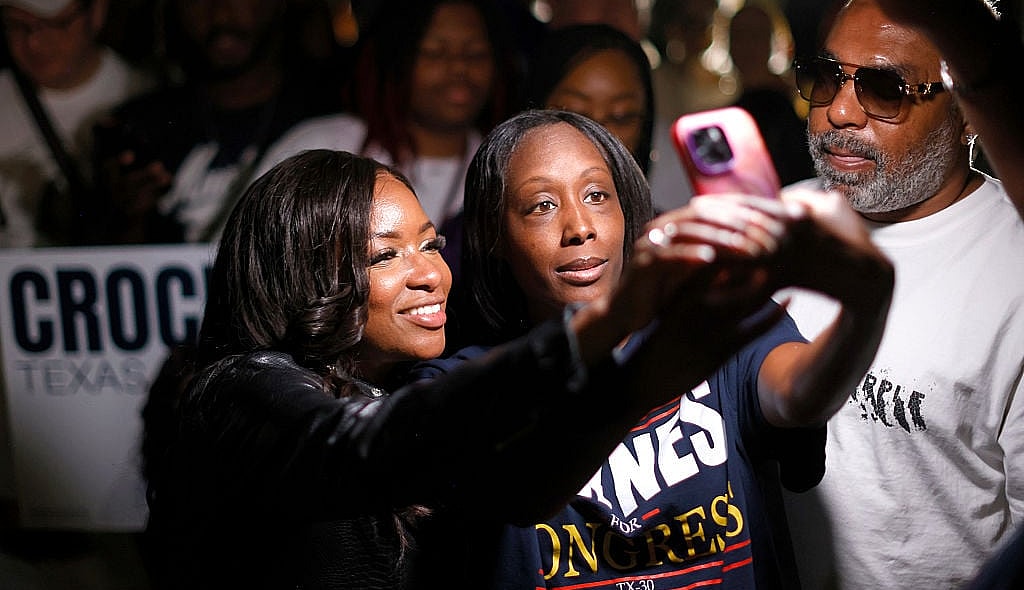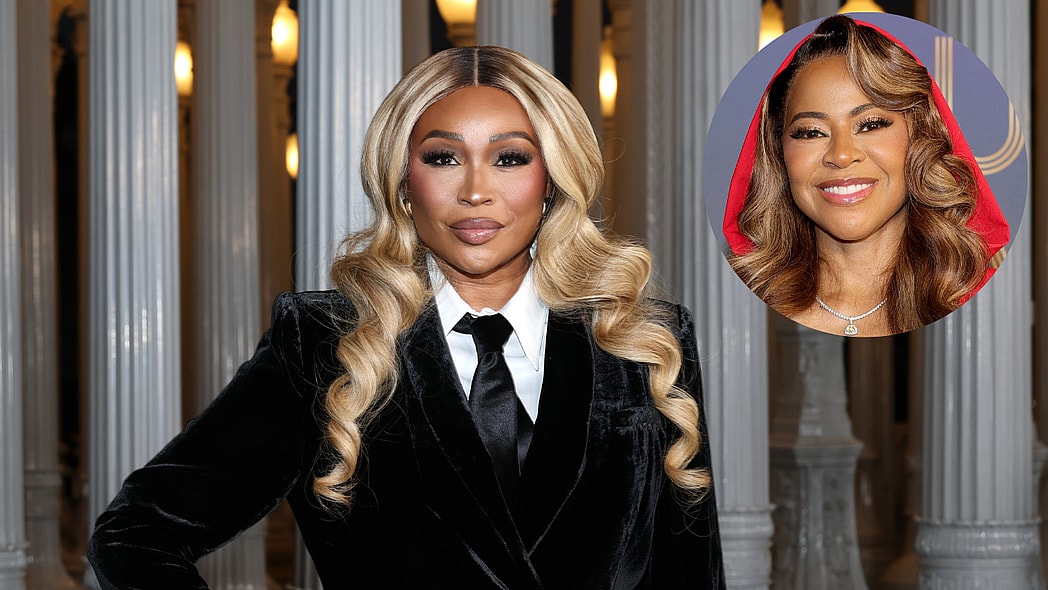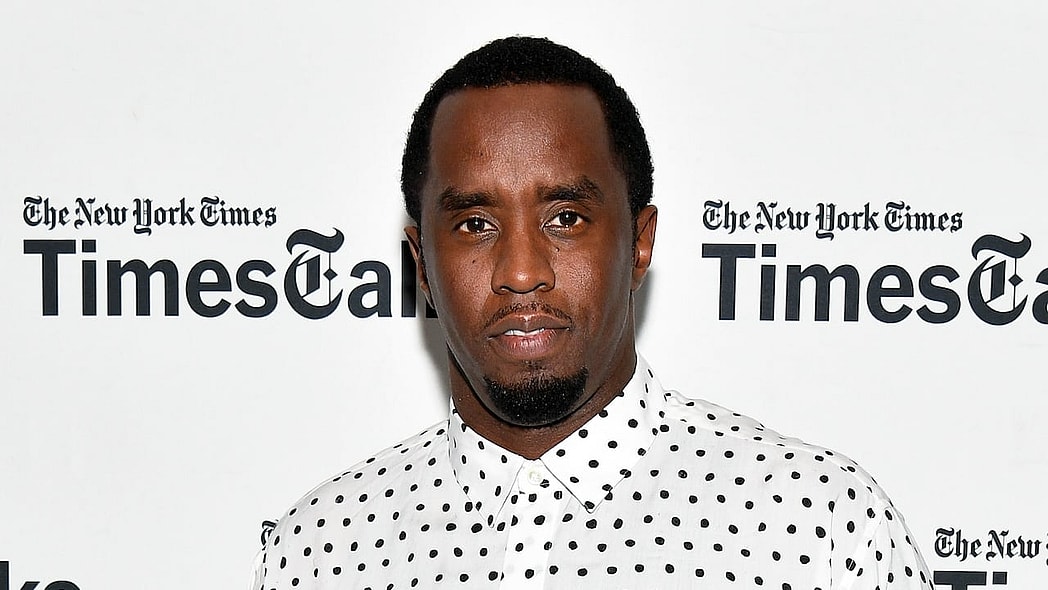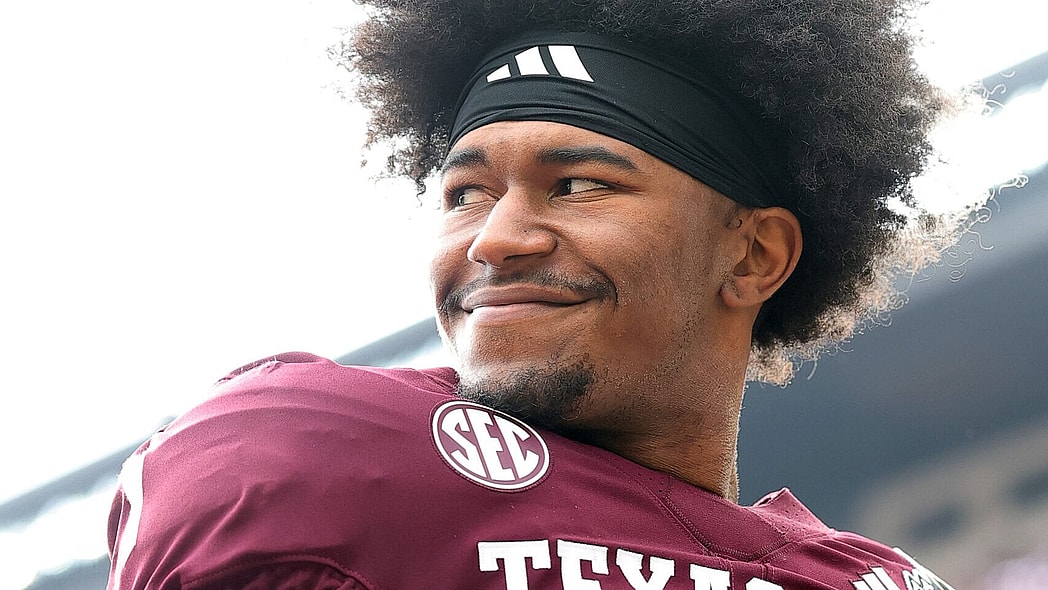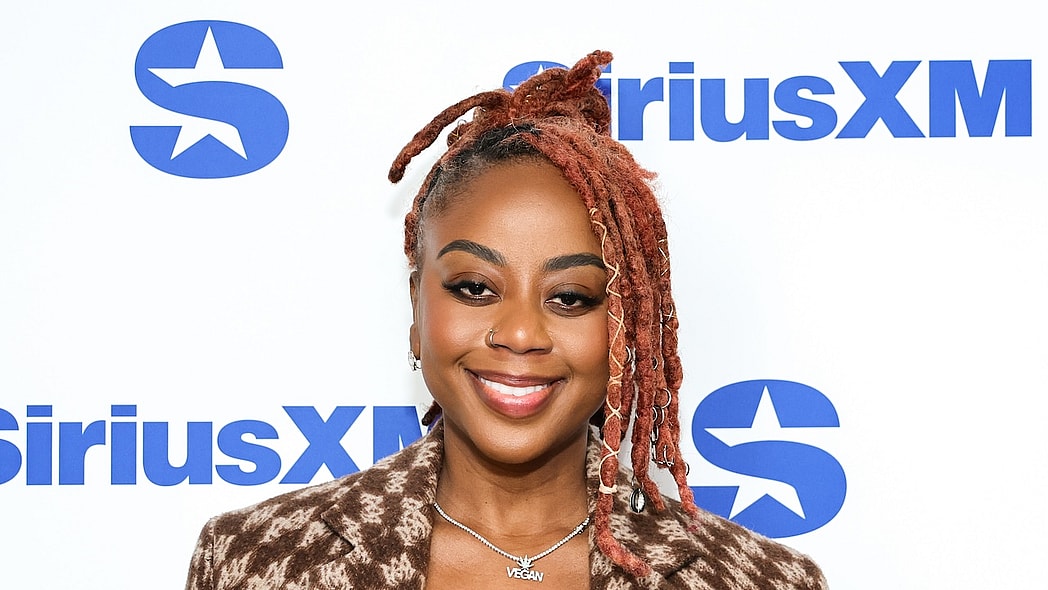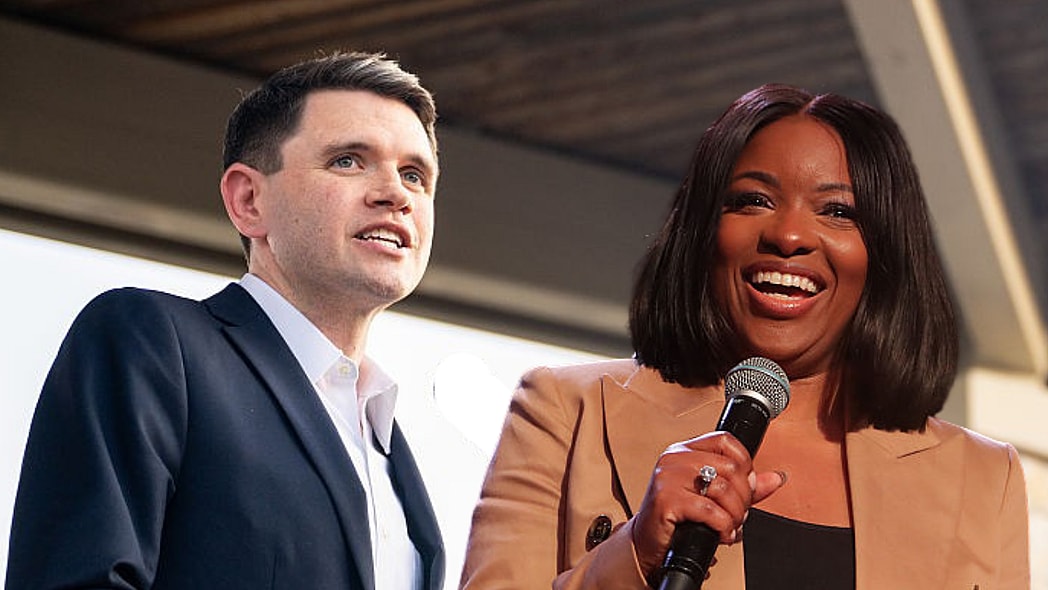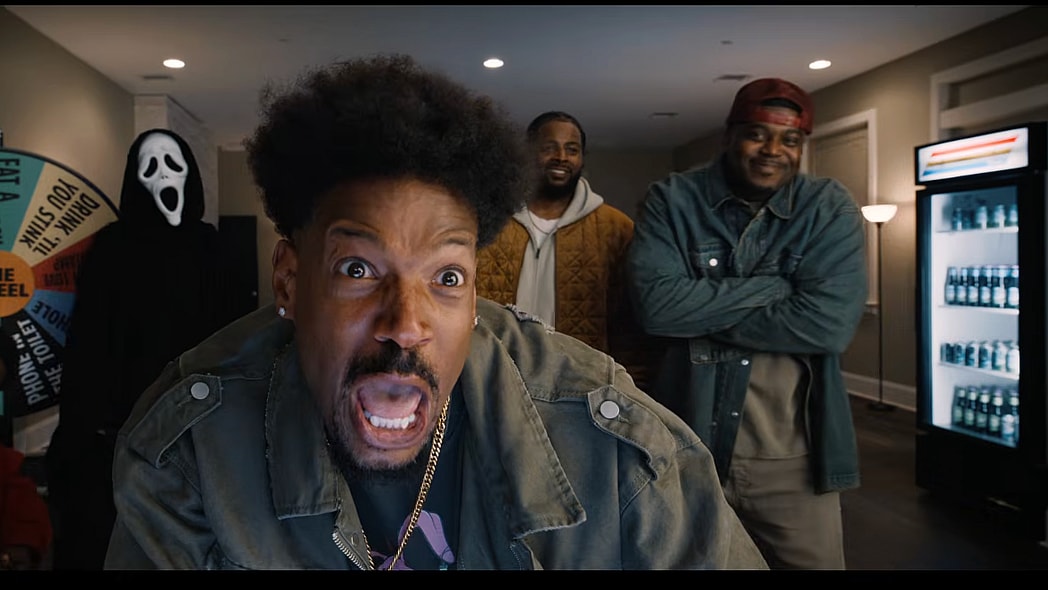Editor’s note: The following article is an op-ed, and the views expressed are the author’s own. Read more opinions on theGrio.
I really miss Black Twitter. It felt like a real place to me. It was a space of community, joy, resistance and information. There were specific stars of Black Twitter — in no order, Michael Harriot, Questlove, DeRay Mckesson, Jemele Hill, April Reign, Melissa Harris-Perry, dream hampton, Marc Lamont Hill … I could go on. My sense memory of Black Twitter is that I was in a room or a field in the middle of thousands of Black folks who were talking as one giant group with thousands of voices.
I remember one night I got home and flipped through the channels and didn’t see anything on TV that I wanted to watch. Then I noticed a funny tweet about the NAACP Image Awards, which had already started. I turned on the Image Awards so that I could fully understand the tweets about it, and as I watched the show, it felt like my living room was overflowing with funny and smart Black people making quips about the show.
All these memories of Black Twitter have come flooding back — including my own best Black Twitter tweet ever which I’ll get to — because of a new doc on Hulu called “Black Twitter: A People’s History.” It’s based on the famous Wired article about Black Twitter.
The doc takes us through many of Black Twitter’s highlights, including the thread that led to the incredible movie “Zola,” and the lowlights, especially the way that the platform became a source of anxiety and stress for many of us when it grew overrun with MAGAs with frogs in their headshot. Twitter was ineffective, or unwilling, to protect us from the hate that we were battling. For me, Twitter grew to feel like an obligation rather than something fun. Like, OK I guess I have to get up and go to war on Twitter with these racists because I have to fight for my people. I would spend hours writing thoughtful retorts to their BS. At the time, I thought I was defending ideas that mattered to Black people. Now I’m not sure that fighting did anything of value.
Recommended Stories
But when I was on Twitter talking to my people, it was usually uplifting and empowering. Not always — Black Twitter had a little class warfare thing. Basically, it was those with blue checkmarks and those without but it played out as those who tweeted as if they finished college and those who didn’t. Each side saw the app differently, so they tweeted differently, and sometimes we got into family spats. It was fascinating to see real-world class battles play out in the online world in that way.
My personal all-time best moment in Black Twitter history happened about 15 years ago. One night in 2009, a few months after Michael Jackson died, I was in the Standard Hotel in L.A., and even though I was by myself, in my memory, it feels like the room was overflowing with Black folks because I was all up in Black Twitter that night. That was the night BET was doing a tribute to Michael Jackson. In typical BET fashion, it was messy. People wrote articles saying BET missed the mark.
I used to work at BET, and when I was there, Black people used to come up to me on the street and talk to me about things they felt the channel needed to do better. It was clear that we have a lot of critiques of BET, and we’re quite often disappointed in it. We want it to get better and grow up, but we’re not sure it ever will. So we feel a way about BET.
To see Jackson, the ultimate in Black excellence in performance and entertainment be memorialized by BET, which is not synonymous with excellence, was jarring for many. And then the greatest Black Twitter tweet I have ever seen came across my timeline. I don’t recall who wrote it; it wasn’t someone I knew, but given all that we felt about M.J. and all that we felt about BET it was unforgettable. The tweet was:
“I wish BET died and Michael Jackson was doing a tribute to them.”
I LOL’d again just typing that out. I remember also that night getting into a discussion on the app with Questlove and dream hampton. Some people were saying that if the King of Pop is dead, who’s the King of Pop now? Who holds the throne that Jackson held?
Questlove, dream and I knew the answer. Beyoncé. She was still riding on the hyper-success of her iconic monster smash “Single Ladies (Put A Ring On It),” starring in “Dreamgirls” and was then headlining a global tour. She was music, movies, fashion, pop culture, Black culture — she was everything.
But it was Twitter, and we were having this discussion in front of thousands of opinionated people so as we were bouncing this idea between us, a lot of people were chirping back “no.” They said Beyoncé was not as good as MJ at singing or dancing or songwriting or tour conception. True, we said. Dream, Quest and I were like, yes, facts, but she doesn’t have to be better than him. She has to be better than the living. She was then, at that moment, the best and the biggest multidisciplinary artist/actor/entrepreneur in the industry. Of course, she continued to be that for years after, to the point where nowadays, no one would argue that Beyoncé is not the Queen of Pop.
But it was thrilling to have that discussion in front of so many Black people and with two brilliant Black friends. Black Twitter was like the yard at an HBCU but with adults. It was really a big part of my life for a long time. The MAGAs made it way less fun and way more stressful, but I pressed on. But when Elon bought it and changed it, and revealed who he really was, I couldn’t stay. I couldn’t support him, and I couldn’t stand what he did with the place. Everything he did was a mistake. They say even a broken clock is right twice a day so that means a broken clock was right about the time more often than Elon was about Twitter. Taking away the blue checks was a horrific mistake because then no one had legitimacy. We could never be instantly sure that the person speaking was who they said they were. That, as much as anything, killed Twitter for me.
I left Twitter, and I miss it. “Black Twitter” the doc reminded me how great it once was. It brought back all these feelings. Now I’m sad.

Touré is a host and Creative Director at theGrio. He is the host of Masters of the Game on theGrioTV. He is also the host and creator of the docuseries podcast “Being Black: The ’80s” and the animated show “Star Stories with Toure” which you can find at TheGrio.com/starstories. He is also the host of the podcast “Toure Show” and the podcast docuseries “Who Was Prince?” He is the author of eight books including the Prince biography Nothing Compares 2 U and the ebook The Ivy League Counterfeiter.


